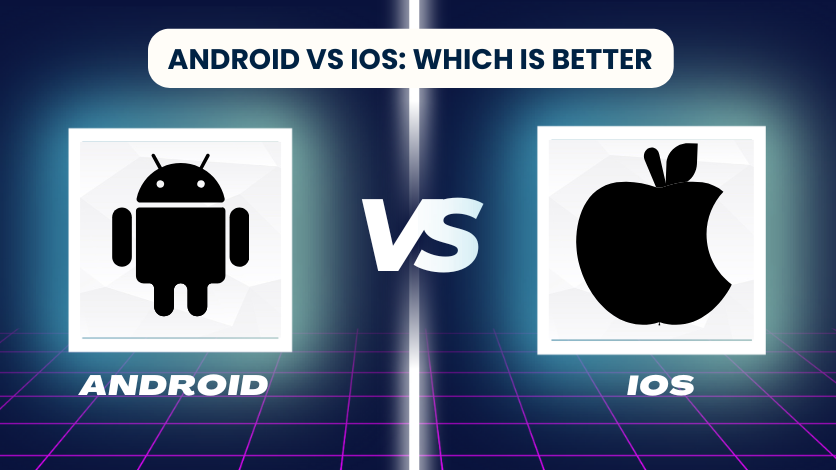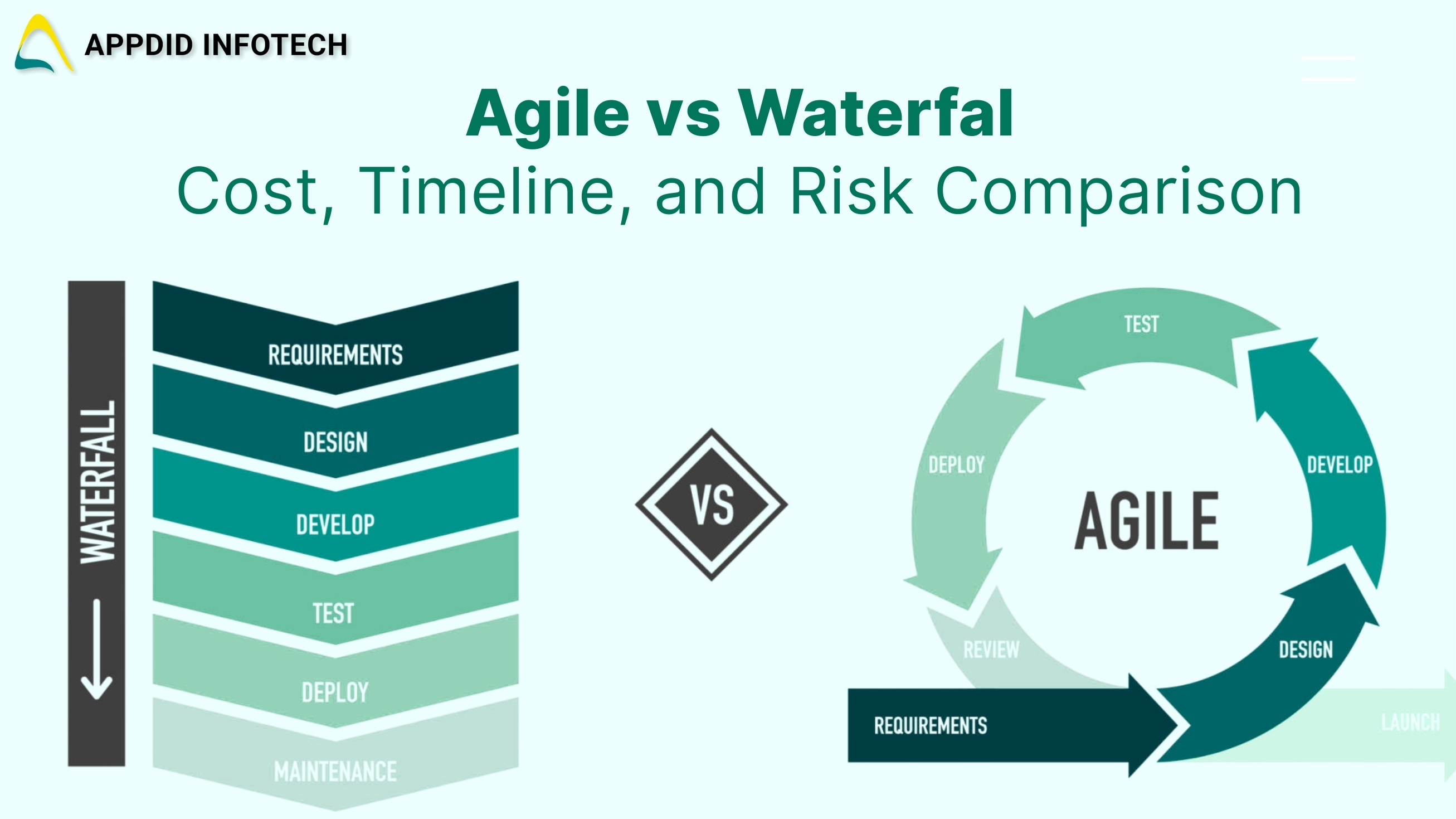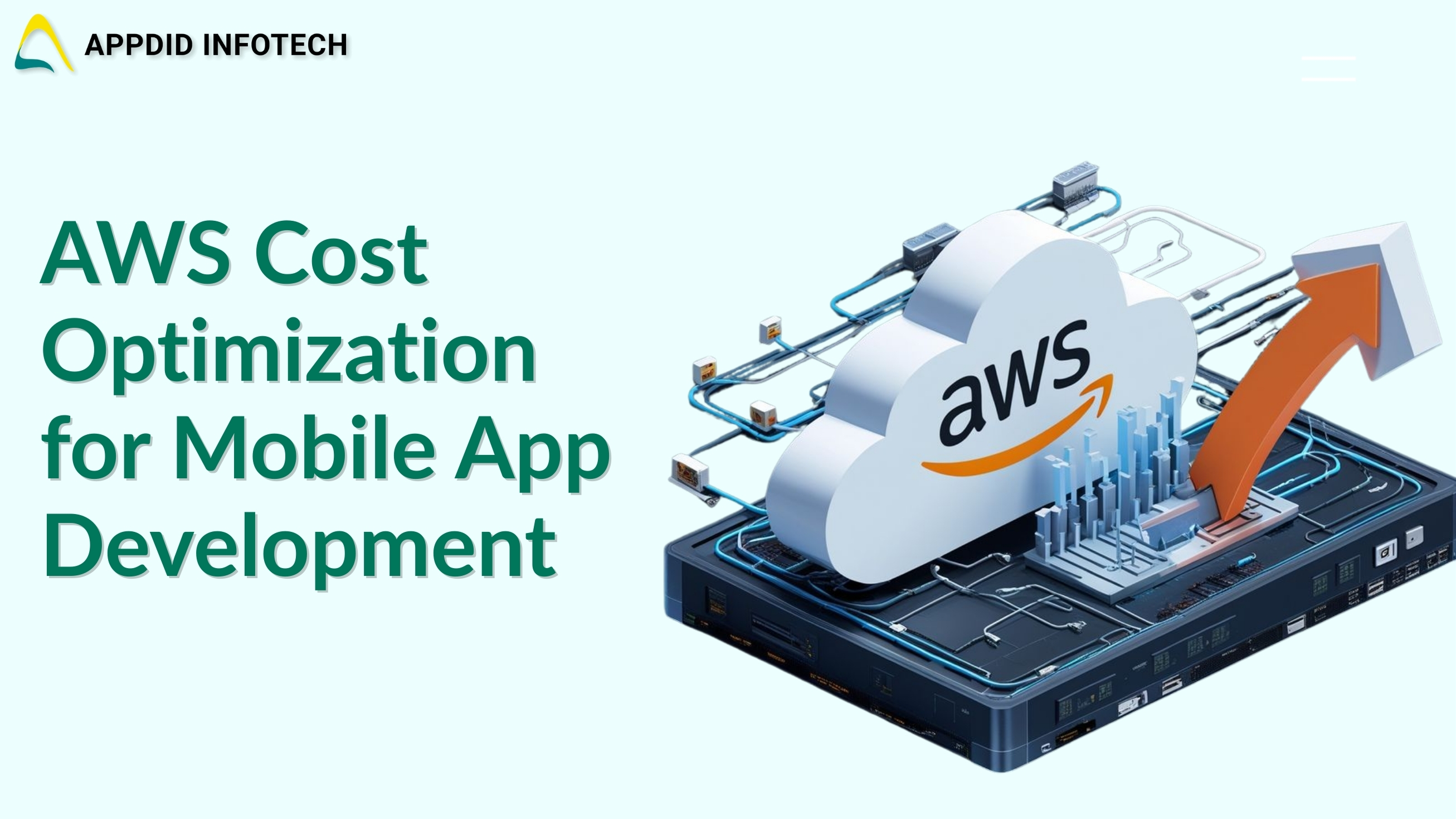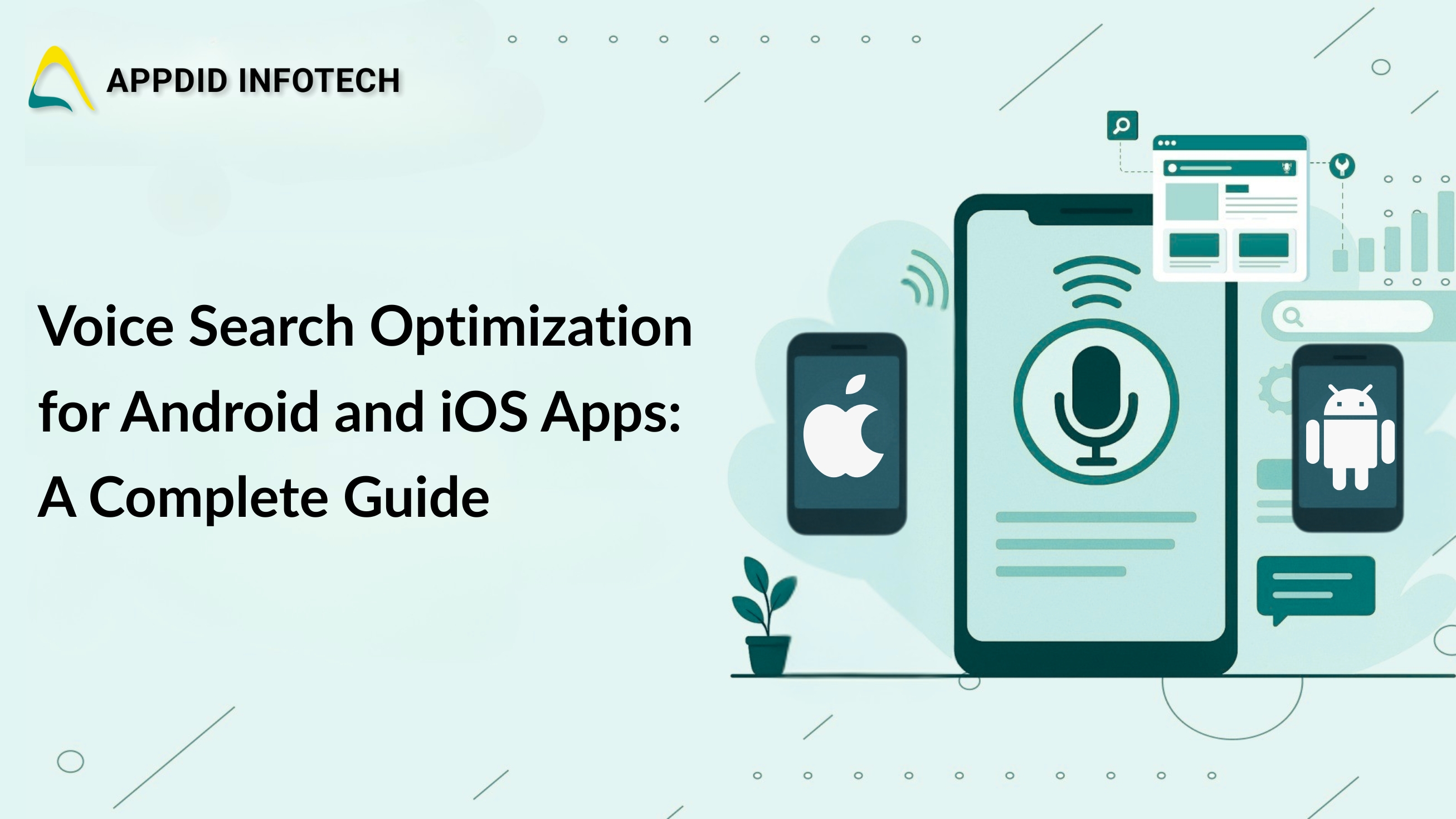When a startup or a new business is considering launching an app, one of the critical decisions they face is whether to develop the app for Android or iOS. Both platforms have their strengths and weaknesses, and selecting the right one can make all the difference in the success of the app. This blog will explore the advantages and disadvantages of both Android and iOS for startups, providing insights to help you make an informed decision.
Introduction to Android and iOS
Android and iOS dominate the global mobile app market. While Android, developed by Google, holds a significant portion of the global market share, iOS, developed by Apple, has its own loyal user base, particularly in developed regions such as the U.S., Europe, and Japan. Understanding the nuances between these platforms is essential for any business planning a mobile app launch.
1. Market Share and Audience
Android:
Android has a broader market share, especially in developing countries. With a variety of manufacturers offering Android phones at various price points, the platform is more accessible to a larger population. As of 2024, Android holds approximately 70-75% of the global mobile market share. This means that developing an Android app can potentially reach a more extensive, diverse audience, which could be a significant advantage for startups aiming for a global reach. When opting for Android app development, you’re tapping into this massive global user base.
iOS:
While iOS holds a smaller market share compared to Android, it is concentrated in regions with higher disposable incomes, including the U.S., Canada, and Western Europe. iOS users are often more willing to spend money on apps, which can result in higher revenue potential for startups, particularly in markets where in-app purchases and paid apps are more popular. iOS app development may be the preferred choice for startups looking to monetize through paid apps or in-app purchases.
2. Development Cost
Android:
Developing for Android can be more costly due to the variety of devices with different screen sizes, resolutions, and hardware specifications. The need to test your app across a wide array of devices can increase development time and costs. Additionally, Android apps typically require more effort for optimization to ensure compatibility across different versions of the operating system. Android app development also requires careful consideration of the vast number of devices, adding complexity and cost.
iOS:
iOS development tends to be more straightforward and cost-effective. Apple’s strict guidelines and standardized hardware mean that developers have to deal with fewer variables, resulting in fewer bugs and faster development cycles. The fewer number of iPhone models and iOS versions also simplifies testing and app deployment. As a result, iOS app development may be the better choice if you have a limited budget and need faster time-to-market.
3. User Experience (UX) and Design
Android:
Android apps generally offer more customization options, which is a double-edged sword. While this flexibility allows for a more personalized user experience, it can sometimes lead to inconsistent UI/UX across different devices. This inconsistency can sometimes confuse users and may result in lower user satisfaction. As an Android app developer, you must prioritize compatibility across the varied Android ecosystem.
iOS:
Apple places a strong emphasis on uniformity and user-friendly design. iOS apps tend to have a more polished and streamlined user interface. Developers working on iOS apps have fewer customization options, which can be limiting but also helps maintain a consistent, high-quality user experience. For startups looking for a premium, clean, and intuitive interface, iOS app development may be more suitable.
4. Revenue Potential
Android:
While Android has a larger market share, its users generally spend less on apps compared to iOS users. Android users are more likely to download free apps and use ad-supported models. However, Android's larger user base provides greater opportunities for ad revenue and more installs overall. If your business model is based on in-app advertisements or freemium offerings, Android may be a lucrative choice.
iOS:
iOS users are more willing to pay for apps or make in-app purchases, which makes iOS a great platform for monetization through premium apps. Furthermore, the higher average income of iOS users means they are more likely to purchase additional features or upgrades. For startups with a paid app model or those looking to monetize through in-app purchases, iOS app development offers better potential for profit.
5. App Approval Process
Android:
The approval process for apps on Android’s Google Play Store is relatively quick and less restrictive than iOS. Developers can upload apps with fewer constraints, which means you can launch your app more quickly. However, this can also lead to a higher number of low-quality apps on the Google Play Store, which may pose a challenge for your app to stand out.
iOS:
The iOS App Store has a more stringent approval process, which can be both a blessing and a curse. On one hand, Apple’s rigorous review ensures that only high-quality apps make it to the App Store, creating a more trustworthy environment for users. On the other hand, the approval process can be slow, and there are strict guidelines to follow, which can delay your app’s launch. For startups looking for a controlled and professional environment, iOS app development might be the best choice.
6. Marketing and App Store Visibility
Android:
With Android's larger market share comes fierce competition. While your app may reach a larger number of potential users, standing out in the crowded Google Play Store can be challenging. It may require extensive SEO, paid ads, and promotions to achieve visibility.
iOS:
Apple’s App Store is more selective, but this can work in your favor. While iOS may have fewer users, the level of competition is lower compared to Android. Apple also offers several marketing opportunities, including featuring your app on the App Store’s front page or through Apple’s curated lists, which can significantly boost your app’s visibility.
7. Security and Data Protection
Android:
Due to the open-source nature of Android, the platform is generally more vulnerable to security threats, including malware and unauthorized app installations. Startups must prioritize security in their apps and follow best practices for securing user data.
iOS:
Apple’s closed ecosystem provides stronger security features and fewer vulnerabilities. iOS apps are more strictly monitored, and Apple’s rigorous app review process ensures that the platform remains more secure. For startups concerned with data protection and privacy, iOS app development may be the better choice.
8. Updates and Support
Android:
Android devices receive frequent updates, but due to the variety of devices and manufacturers, updates may be delayed or inconsistent. This can cause issues when ensuring your app is compatible with the latest Android versions.
iOS:
Since iOS updates are rolled out directly by Apple, all supported devices receive the update simultaneously. This makes it easier for developers to keep their apps up-to-date and compatible with the latest operating system features.
9. International Reach and Localization
Android:
Android is the dominant platform in emerging markets, particularly in Asia, Africa, and South America. If your startup is targeting users in these regions, Android is the platform to consider.
iOS:
iOS is more popular in North America, Europe, and parts of Asia. If your startup aims to cater to users in developed regions with high purchasing power, iOS may be the better platform to start with.
FAQs
Which platform is better for startups, Android or iOS?
Both platforms have their advantages. Android offers a larger market share and is ideal for startups targeting global audiences. iOS, on the other hand, offers higher revenue potential, a more streamlined development process, and access to users in developed markets.
Can I launch my app on both platforms?
Yes, many startups choose to launch their apps on both platforms to maximize their reach. However, developing for both platforms simultaneously can increase costs and development time. It's essential to assess your budget and timeline before deciding.
Which platform is easier to develop for?
iOS is generally easier to develop for due to its standardized hardware and software. Android development can be more complex due to the variety of devices and screen sizes to account for.
How do I monetize my app?
Both platforms offer opportunities to monetize your app, but iOS users are more likely to pay for apps and make in-app purchases. Android, on the other hand, often relies more on ad revenue and freemium models.
Conclusion
When it comes to deciding between Android and iOS for your startup’s app launch, the right platform depends on your business goals, target audience, and budget. If you aim for a wider audience with a lower budget, Android app development may be the way to go. However, if your focus is on quality, revenue potential, and a more polished user experience, iOS app development may be the better platform.
At Appdid Infotech, we specialize in custom mobile app development in Mumbai, offering end-to-end services for Android app development, iOS app development, and cross-platform app development. With our expertise in creating high-quality, scalable apps, we can help bring your vision to life and ensure your app's success in the competitive mobile market. Whether you're targeting a specific platform or seeking to reach users across Android and iOS with a single codebase, our cross-platform solutions are designed to maximize efficiency and reduce costs. Contact us today to start building your app and take your business to the next level!










